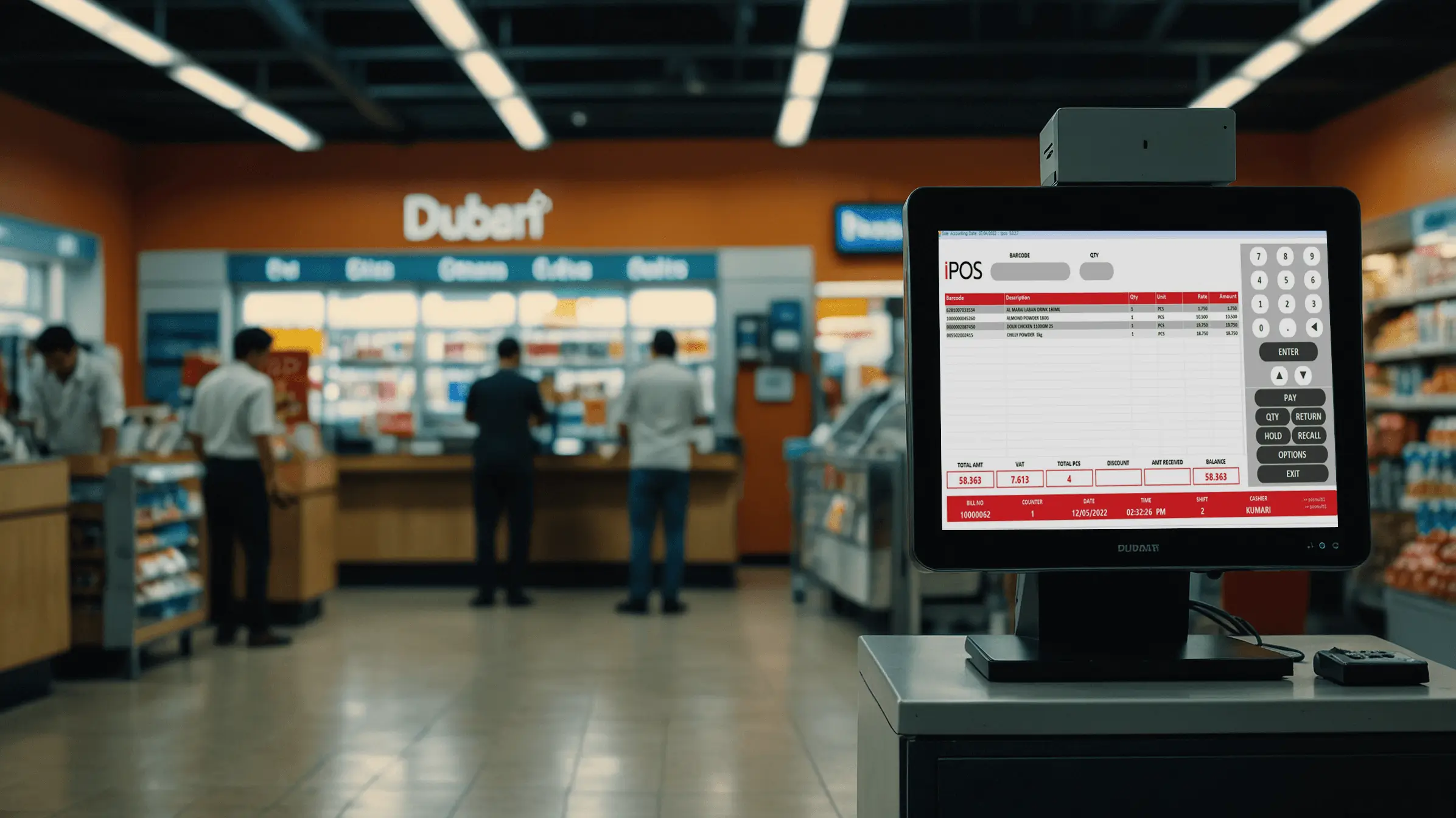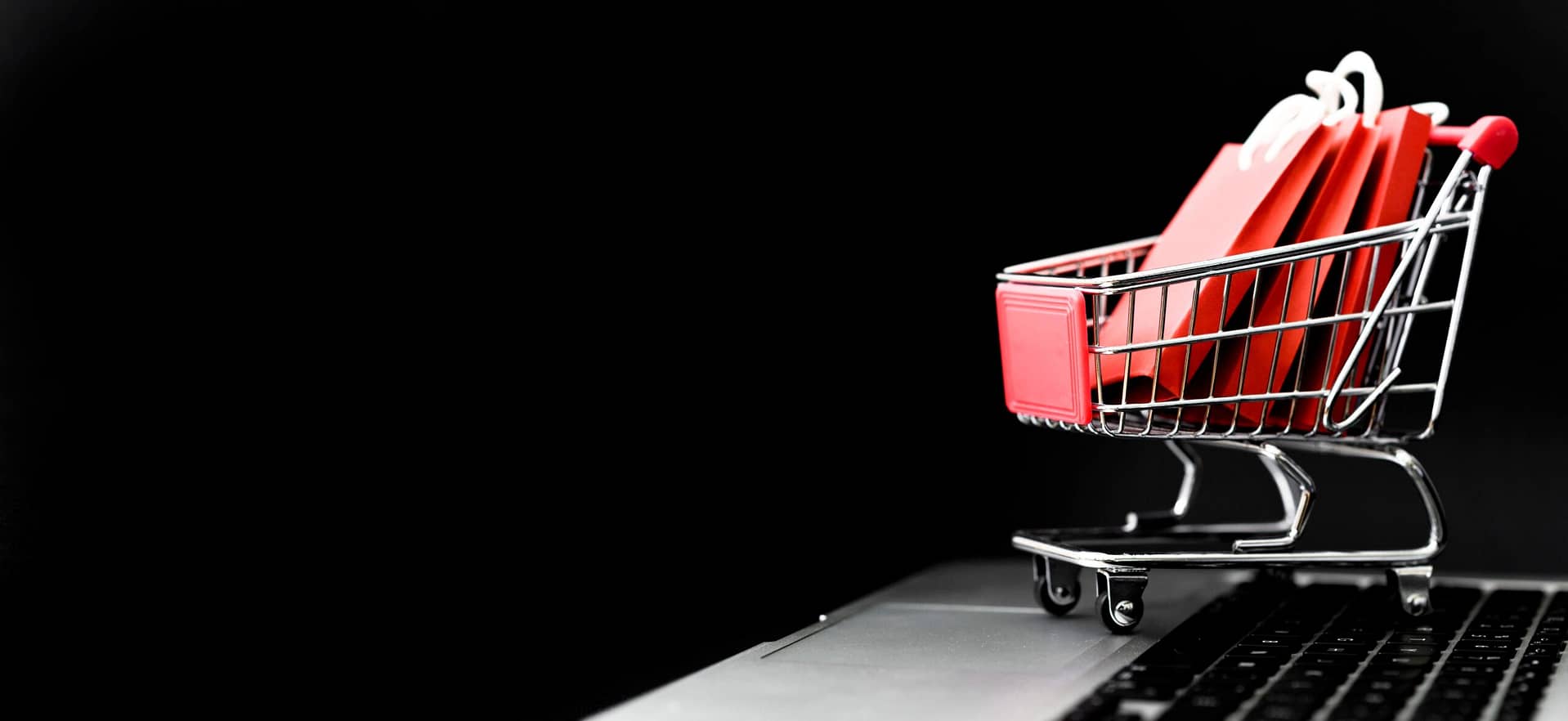In today’s fast-paced retail and restaurant landscape, technology plays a vital role in delivering seamless customer experiences and efficient business operations. At the heart of this digital transformation is the Point of Sale (POS) system—a fundamental component for any business that sells products or services.
But what exactly is a POS system, and why is it crucial for modern businesses?
Definition of POS
A Point of Sale (POS) is the place where a retail transaction is completed. At the POS, the merchant calculates the amount owed by the customer, processes the payment, and issues a receipt. Traditionally, this was done through a cash register, but today, it’s handled by advanced software and hardware that work together to manage sales, inventory, customer data, and even business analytics.
Simply put, a POS system is where the sale happens—physically in-store or virtually through an e-commerce platform.
Key Components of a POS System
- POS Software: The brain of the system. It can be cloud-based or installed locally and includes features like sales tracking, inventory management, loyalty programs, and reporting tools.
- POS Hardware: This includes the terminal, touchscreen monitor, barcode scanner, receipt printer, cash drawer, and card payment device.
- Back Office System: Often integrated with the POS, it allows for real-time inventory management, purchase order creation, supplier management, and financial reporting.
- Customer-Facing Features: Such as digital receipts, QR code payments, self-service kiosks, and loyalty programs.
Types of POS Systems
- Retail POS – Designed for supermarkets, department stores, fashion outlets, and grocery stores. iPOS Retail is a good example, offering end-to-end solutions including inventory, finance, and promotions.
- Restaurant POS – Tailored for cafés, fine dining, quick service restaurants, and food trucks. It includes KOT/KDS systems, table management, and integrations with online ordering platforms.
- Mobile POS – Portable and ideal for small businesses or pop-up shops. Works on tablets or smartphones.
- Cloud-Based POS – Accessible anytime, anywhere, offering remote management, automatic updates, and real-time data analytics.
Why a POS System is Essential for Business
A modern POS system goes far beyond just processing sales. Here’s how it transforms your operations:
- Sales Efficiency: Speeds up billing and checkout, reducing customer wait times.
- Inventory Control: Real-time inventory updates prevent stockouts and overstocking.
- Data-Driven Decisions: Advanced reporting tools help you understand your sales trends, top-selling items, and customer preferences.
- Customer Relationship Management: Tracks purchase history, enables loyalty rewards, and supports personalized marketing.
- Security and Compliance: Ensures secure payments and compliance with local regulations like ZATCA in Saudi Arabia or FTA in the UAE.
iPOS: Your Trusted POS Partner in the GCC
With over 16 years of experience and over 3,000 installations across the GCC, iPOS offers a powerful POS ecosystem tailored to meet the specific needs of retail and restaurant businesses.
From ZATCA-compliant POS systems in Saudi Arabia to advanced AI-powered business analytics tools like “Ask Anything”, iPOS delivers the flexibility, scalability, and intelligence modern businesses need.
Whether you are running a supermarket in Oman, a fashion boutique in Dubai, or a multi-location restaurant brand across the UAE, iPOS is the technology partner you can count on.
Final Thoughts
A reliable POS system is not a luxury—it’s a necessity. As businesses continue to evolve, adopting a smart, integrated POS solution becomes key to staying competitive, improving customer experience, and scaling efficiently.






